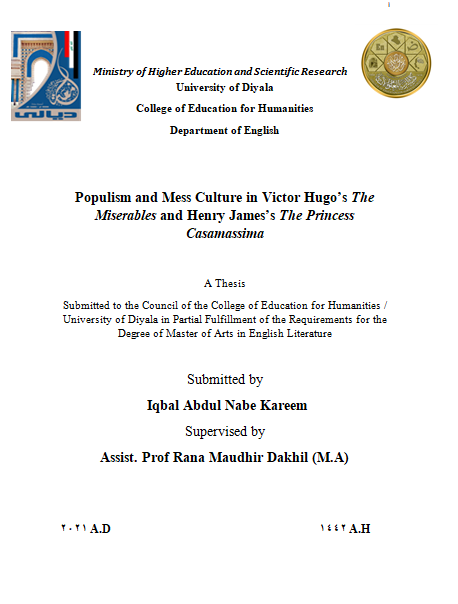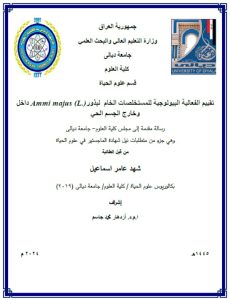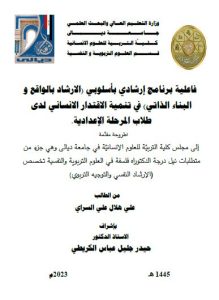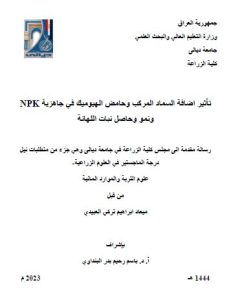ABSTRACT
The late Victorian age was important for the rise of the novel as a genre that transformed during the Victorian period. Novel changes from romanticism to realism, from optimism to pessimism. Novelists successfully dealt with the changing mood of society. The traditional differences between the aristocracy and the middle class have narrowed with the passage of the Reform Law and the acquisition of the right to vote for the middle class and being politically engaged in the affairs of the nation. While the aristocracy criticized the work that the bourgeoisie had to do in the factories and the industries, to maintain the supremacy that they had the privilege, the middle class in response promoted work as a virtue.
This study focuses on the importance of populism and mess culture in literature, Particularly in Victor Hugo’s The Miserables and in Henry James’s The Princess Casamassima. Both novels deal with these concepts in different ways.
The study discusses Victor Hugo, one of the significant voices who supports human rights and contributes to an end of the suffering of the poor through his contributions to change the unjust laws that restricted the poor class in France during Napoleon's reigning. He criticizes the government's unjust actions because its laws and actions were in the interest of the rich and the upper class and at the expense of the suffering of the poor.
The study also discusses Henry James who participates in sending a direct message for humanity about the laws that make people miserable and lose their lives. In his novel James concentrates on the people’s problems resulting from the division of society into distinct socially and economically classes, as well as the government's ignorance of its duties.
The current study falls into five chapters and a conclusion. The first chapter includes an introduction to the thesis as well as a literature review. The second chapter is subdivided into two sections. The first section "Populism: Ideology and Its Effects" presents a historical background of populism in literature as a social effect and the dilemma of its definition. The second section is entitled ''Mess Culture: The Contemporary Trend in Literature'' which traces specific definition of mess culture that can be explicated from its implications in society and the individuals' life. In fact mess is applied skillfully in literature through two well-known novels The Miserables by Victor Hugo and The Princess Casamassima by Henry James.
The third chapter is divided into two sections. The first section ''Victor Hugo's Prominent Life'' demonstrates the novelist’s biography, his contribution, and his main works. While, the second section ''The Miserables: A Novel Directed to the suffering of the poor'' shows the background of the novel as well as the main reasons that inspired Hugo to write his novel, besides the main references to the populism and populists stand, and the aspects of chaos in the novel.
The fourth chapter of the study is divided into two sections. The first section is ''Henry James the American Citizen and the British Writer'' that demonstrates the novelist’s biography, while the second section ''The Princess Casamassima: The Laborers' Revolt Story'' depicts the setting of the novel besides the examination of the depiction of the elements of populism and the mess of societal laws.
Finally, the fifth chapter ends with the conclusion, findings, and the recommendations.





